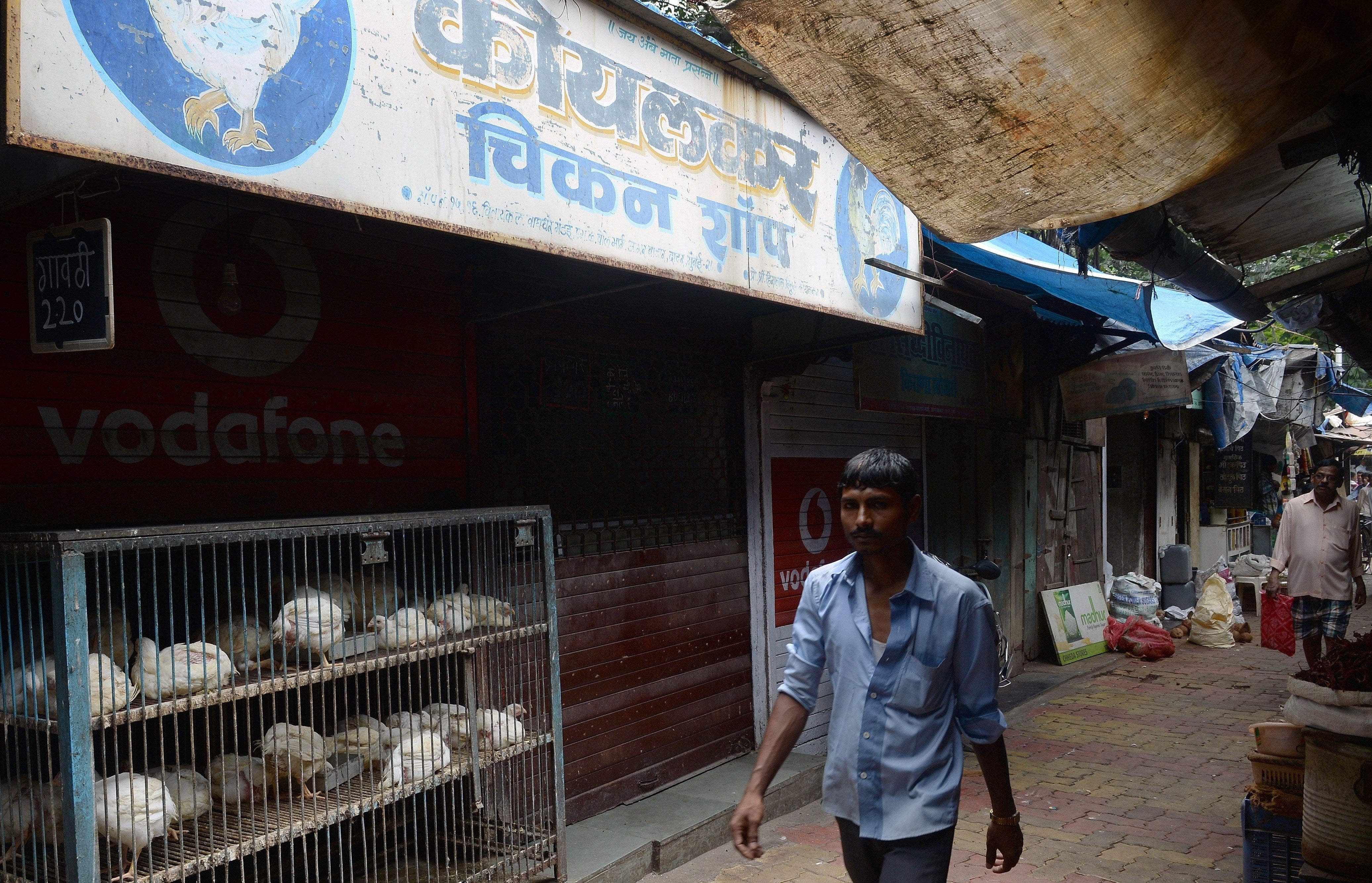Several local authorities in India have issued orders banning the sale of meat on Independence Day, triggering outrage among opposition parties and members of the public.
At least four municipal bodies in the western state of Maharashtra and one in Telangana have ordered all slaughterhouses and meat shops to remain closed for 24 hours on Friday. India will celebrate 78 years of independence from British colonial rule on 15 August.
Meat bans during Hindu festivals have become routine practice in many northern states of India under prime minister Narendra Modi’s Hindu nationalist Bharatiya Janata Party-led (BJP) government. However, the controversial bans are mostly limited to religious festivals.
National Family Health Survey data published in 2022 revealed that in more than half of India’s 30 states and union territories, above 90 per cent of the population consumed meat and fish. A Registrar General of India survey in 2014 found 70 per cent of people in India eat meat.
Civic bodies in Maharashtra’s Chhatrapati Sambhajinagar, Kalyan-Dombivli, Malegaon and Nagpur regions are among those being criticised for banning the sale of meat during a secular holiday, a move which also brought reproach from the state’s deputy chief minister.
Ajit Pawar, whose faction of the Nationalist Congress Party forms a coalition government with the BJP in Maharashtra, said it was “wrong to impose such a ban”.

“In major cities, people of different castes and religions reside. If it is an emotional issue, then people accept it (ban) for a day. But if you clamp such orders on Maharashtra Day, Independence Day and Republic Day, then it is difficult,” the deputy chief minister was quoted by the Indian Express as saying.
Mr Pawar said people in rural Maharashtra indulge in non-vegetarian delicacies during celebrations. “If we look at the coastal Konkan region, people mostly eat seafood. The tribals are used to non-vegetarian food. The food habit and diversity has to be respected.”
Former state minister Aaditya Thackeray protested, saying: “What we eat on Independence Day is our choice.”
“Instead of imposing vegetarianism on the citizens, focus on improving the terrible roads and broken civic service,” he wrote on X. “Citizens will eat whatever they want to – vegetarian [or] non vegetarian.”
The ruling BJP defended the ban, arguing that they were empowered to do so specifically on occasions celebrating India’s independence by a 1988 state government order.
Navnath Ban, a spokesperson for the BJP in Maharashtra, argued that the move was therefore not a new decision. “The decision to keep slaughterhouses and meat shops closed on some important days such as Independence Day, Gandhi Jayanti (Mahatma Gandhi’s birthday), Mahavir Jayanti, Ram Navmi etc was taken by the then-government in 1988,” he told the Indian Express. “Since then some civic bodies follow it.”
Jitendra Awhad, a member of the Maharashtra assembly, claimed that the state government was “fuelling a vegetarian–non-vegetarian divide” as only the latest in a string of social controversies.
Mr Awhad threatened to host a “mutton party” on Independence Day, adding: “On the day we got freedom, you are taking away our freedom to eat what we want.”
In the southern state of Telangana, the high court on Monday sought an explanation from the Greater Hyderabad Municipal Corporation (GHMC) regarding its order directing meat shops and slaughterhouses to remain shut on the occasion on Independence Day and the Hindu festival of Janmashtami, which will be celebrated this year on 16 August.
“The decision to close down the cattle slaughter houses, meat shops, etc. is taken without citing any reasons and the said letter is a blatant example of colourable exercise of authority without any reason whatsoever,” the petition before the high court read, according to Bar and Bench.
Asaduddin Owaisi, MP and member of the All India Majlis-e-Ittehadul Muslimeen, called the ban order “callous and unconstitutional”.
“What’s the connection between eating meat and celebrating Independence Day,” he asked, claiming that 99 per cent of people in Telanga consumed meat. “These meat bans violate people’s right to liberty, privacy, livelihood, culture, nutrition and religion,” he added.


